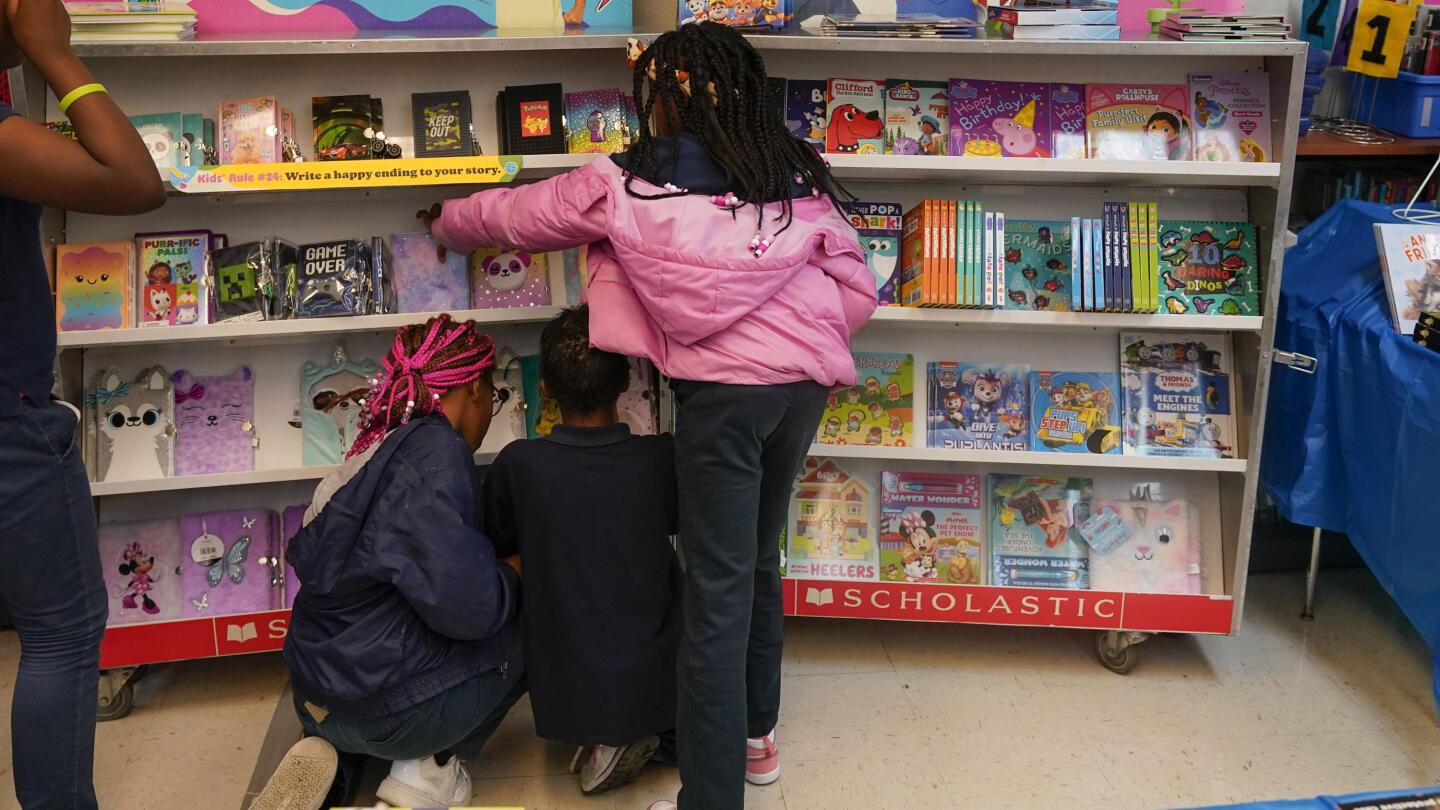It's more about money in the families.Stl public schools which are god awful spend more per student than the top school district in the state. $17k to $11k. It’s not a lack of money at the schools
But I think it is also about priorities and encouragement in the homes. If you have parents who don't read, don't make you read, don't teach you your numbers and letters before kindergarten, don't try to educate you about all manner of things, don't talk to you and when they do, don't use more complex vocabulary, correct grammar, etc. you are starting at a huge disadvantage. Most research shows that if the kid is behind in 3rd grade--that's age 9--the kid will be behind in grade 12. So those first 9 years are critical.
But we can't or won't legislate parenting in this country, so . . .


